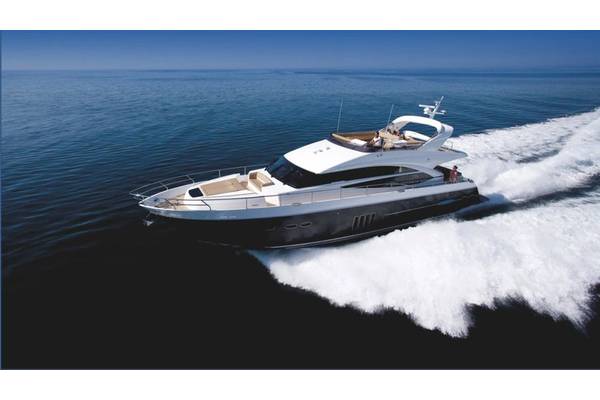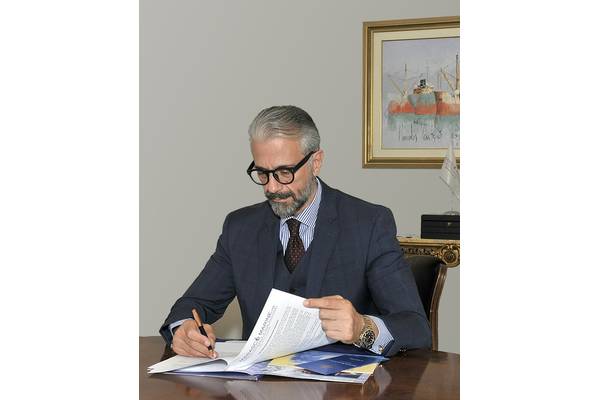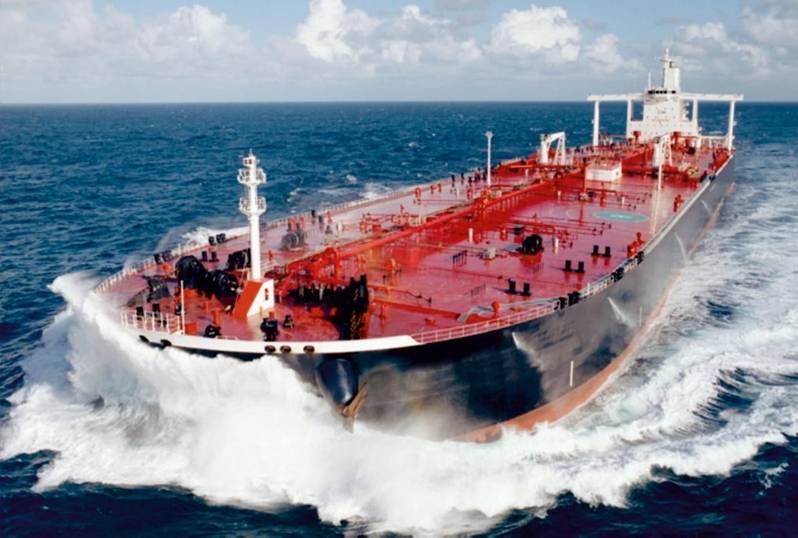

It is generally understood that the insurance coverage of a luxurious Yacht can be a headache for her owner, not having the necessary knowledge and sufficient information to make an educated decision with confidence, especially in a changing and challenging international insurance market.
Yacht insurance traces its roots in an official sense back to the 17th century and falls within a special category, specifically Marine Insurance, which requires advanced knowledge and experience, on the part of both the insurance company, and the intermediary, (agent or broker); -the "catalyst"- substantiating this bilateral contract called: Yacht Insurance Policy.
Many criteria need to be considered by an owner before insuring a small ‘floating palace’, a Yacht, with a price tag of several hundred thousand, to a few million euros. In our estimation, the dominant points should be the following:
1. a. The reserve funds available to a marine insurance company need to be sufficient. Depending on the insured value of a Yacht or Vessel, a potentially serious loss could be catastrophic for an insurance company weak in reserves, resulting in a delay in compensation payment, or even non-payment.
The reliability and solvency of an insurance company is therefore of utmost importance.
1. b. Its reinsurance contracts with other companies (Re Insurers) and their reliability and solvency are of major importance as well.
1. c. The insurance company’s volume of annual premium income in yacht insurance works, the paid and pending claims over the past five years, usually provide good financial insight regarding a company's future course, stability and development in this particularly demanding sector of the marine insurance industry.
2. The insurance broker working on behalf of the client to establish the best market terms of the contract, in accordance with the client's needs and/or preferences, type of yacht, navigational limits, and use, will strive to establish the best possible terms, conditions, premium rate and contractual (insurance policy) terms, thereby managing all potential risks and contingencies by managing these with the best rated, most reliable and financially sound Underwriters available at that moment in the International Marine Insurance market.
The insurance broker is in essence “the eyes and ears” primarily of the assured and secondly of the insurance company. Based on his technical knowledge and experience, he will indicate and disclose all material facts that the insurance company needs in its file to smoothly proceed with the compensation process in the event of damage and keep the client happy, without time-consuming procedures.
The expert intermediary agent, the risk manager or broker is the one who must impartially inform the yacht owner and assured of any changes, regarding both the insurance company, the trends in the marine insurance market and or the conditions of the contract. The yacht owner/assured expects to be informed in timely fashion by his broker of all the above regarding points 1. a., b., and c for making an educated, well-informed fact-based decision.
The intermediary thereby has the same, if not greater importance in our opinion as the choice of insurance company, so careful attention must be given here as well.
Unfortunately, in the vast majority of cases, yacht owners do not consider this when making crucial decisions, instead, focusing only on premium cost or choosing a broker due to a family relationship, or sometimes due to a broker’s size, wrongfully interpreted as implying competence. Competence is not the result of mergers and acquisitions.
Although premium cost is an important criterion, it should not be the dominant one, because when a decision is made on the sole criterion of who is the cheapest, the requirements must be rationally considered as limited by the client. "You get what you pay for". We don't expect the same performance and quality from a Fiat as we do from a Mercedes; one level of service and quality from a fine restaurant, and a different one from a big chain of fast food stores...
Conclusion: all things in life have a price, as does a quality marine insurance policy, according to the above four criteria - which we will call upon when we need to replace assets that we have lost. It is only common sense therefore not to pursue just whatever is cheapest on the market, or to choose our broker carelessly, but to protect our investment. The cheapest option is rather a cause for concern in a hardening market where the trend of premiums is escalating. Photo courtesy Marasco Marine Ltd.More about Marasco Marine Ltd at: www.marasco-marine.com
Photo courtesy Marasco Marine Ltd.More about Marasco Marine Ltd at: www.marasco-marine.com



